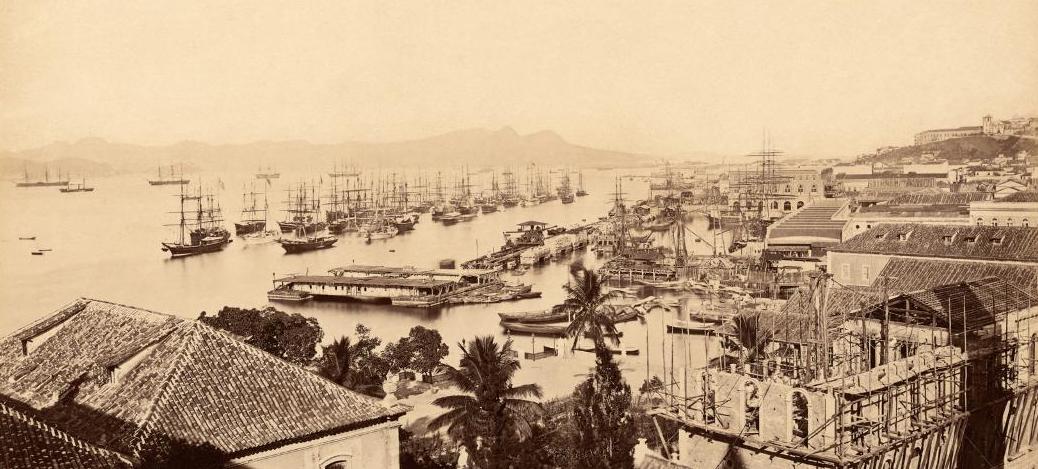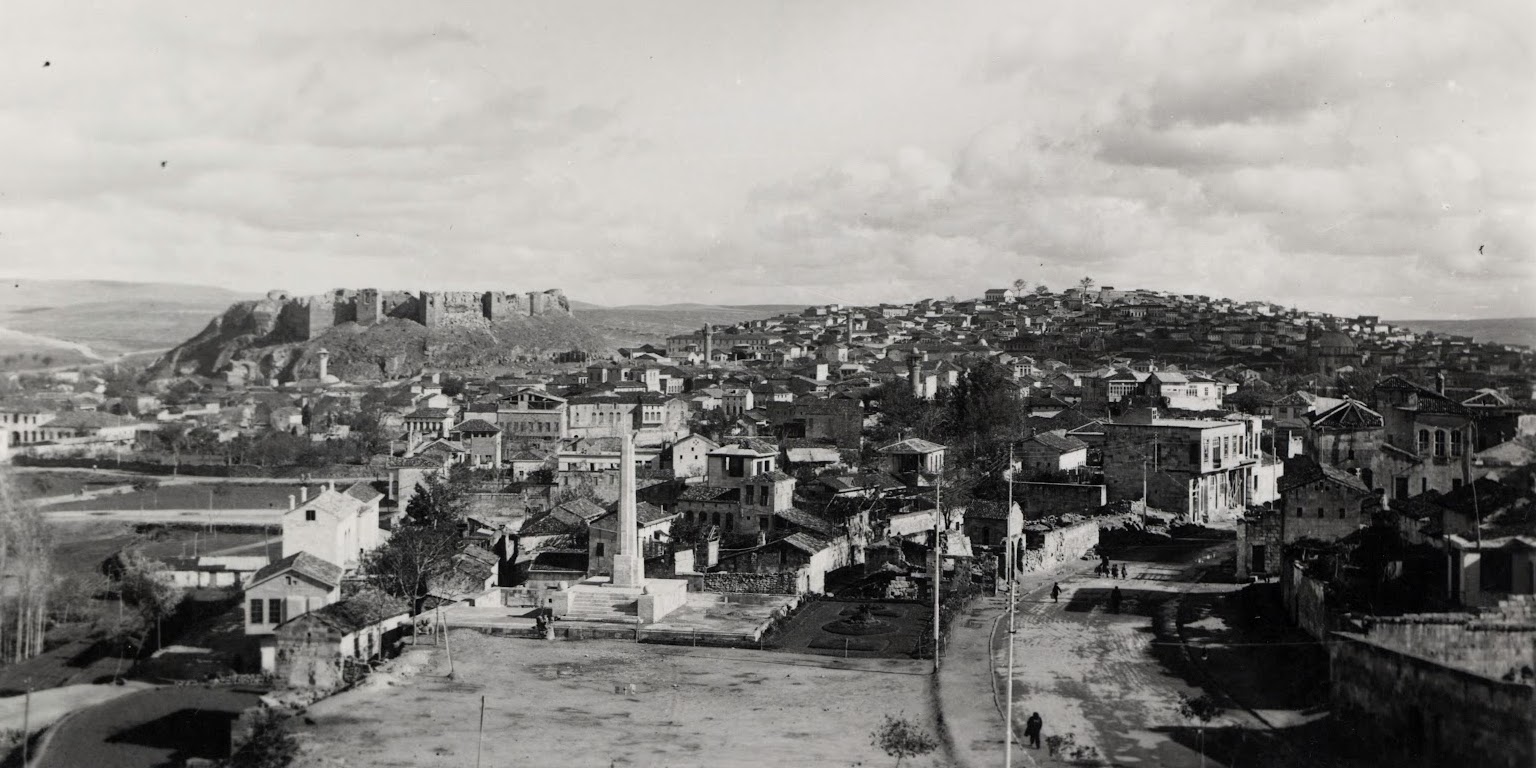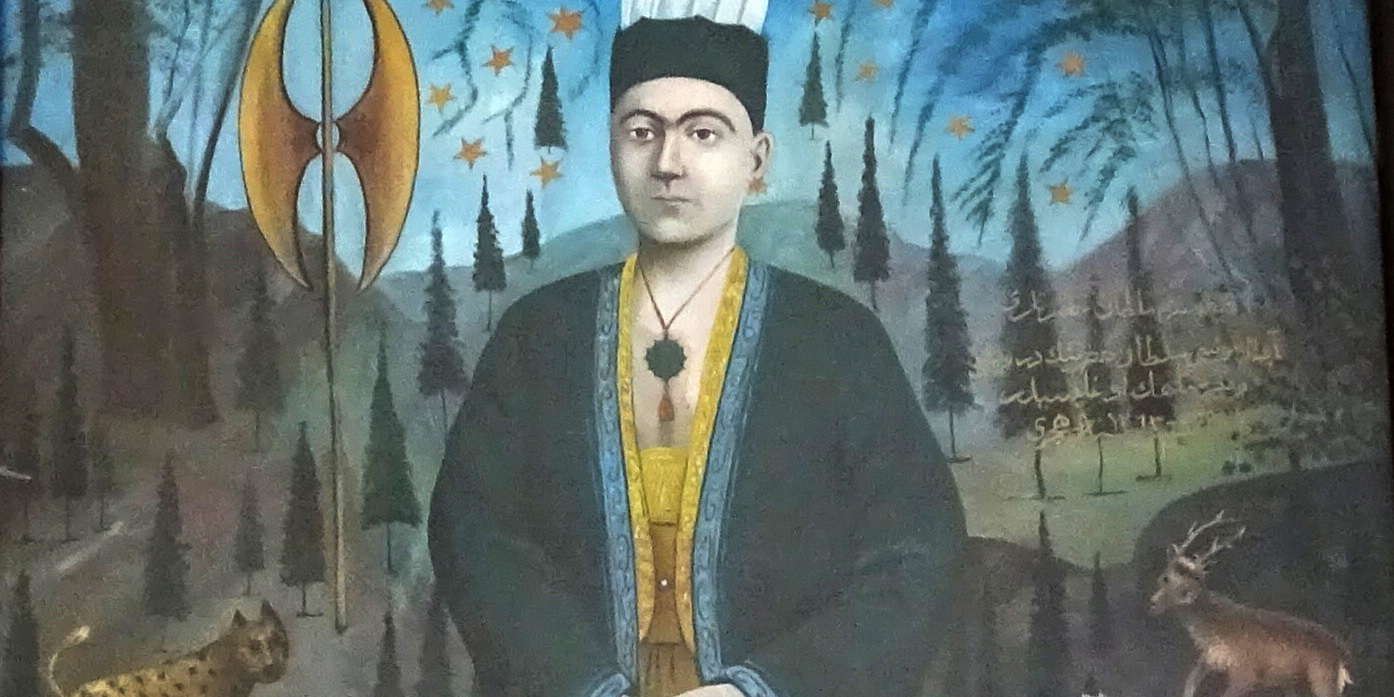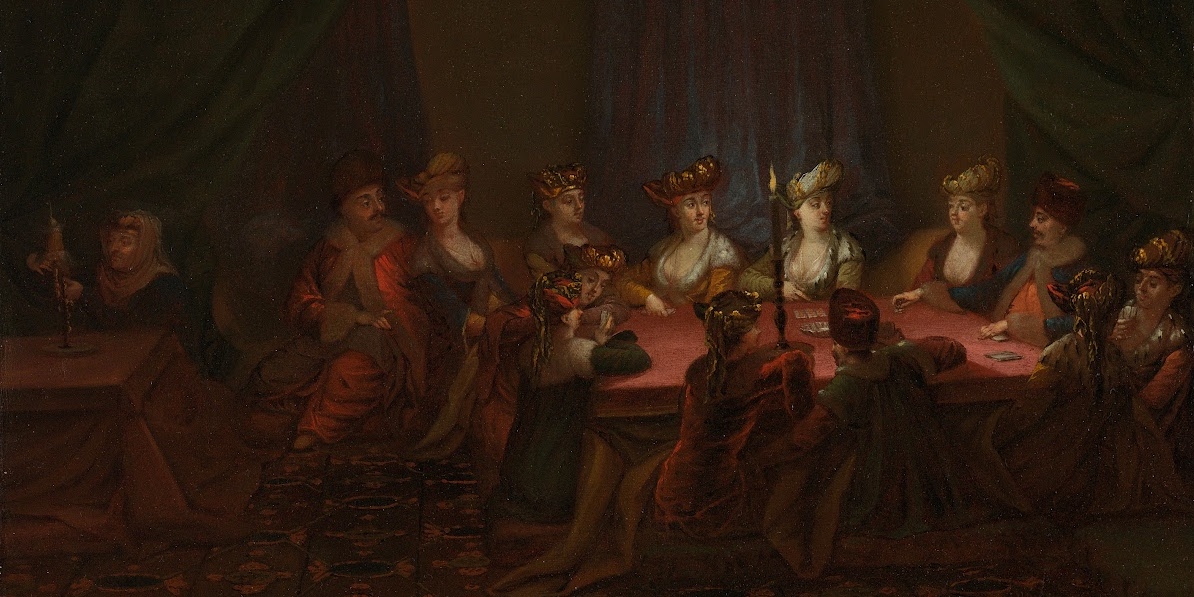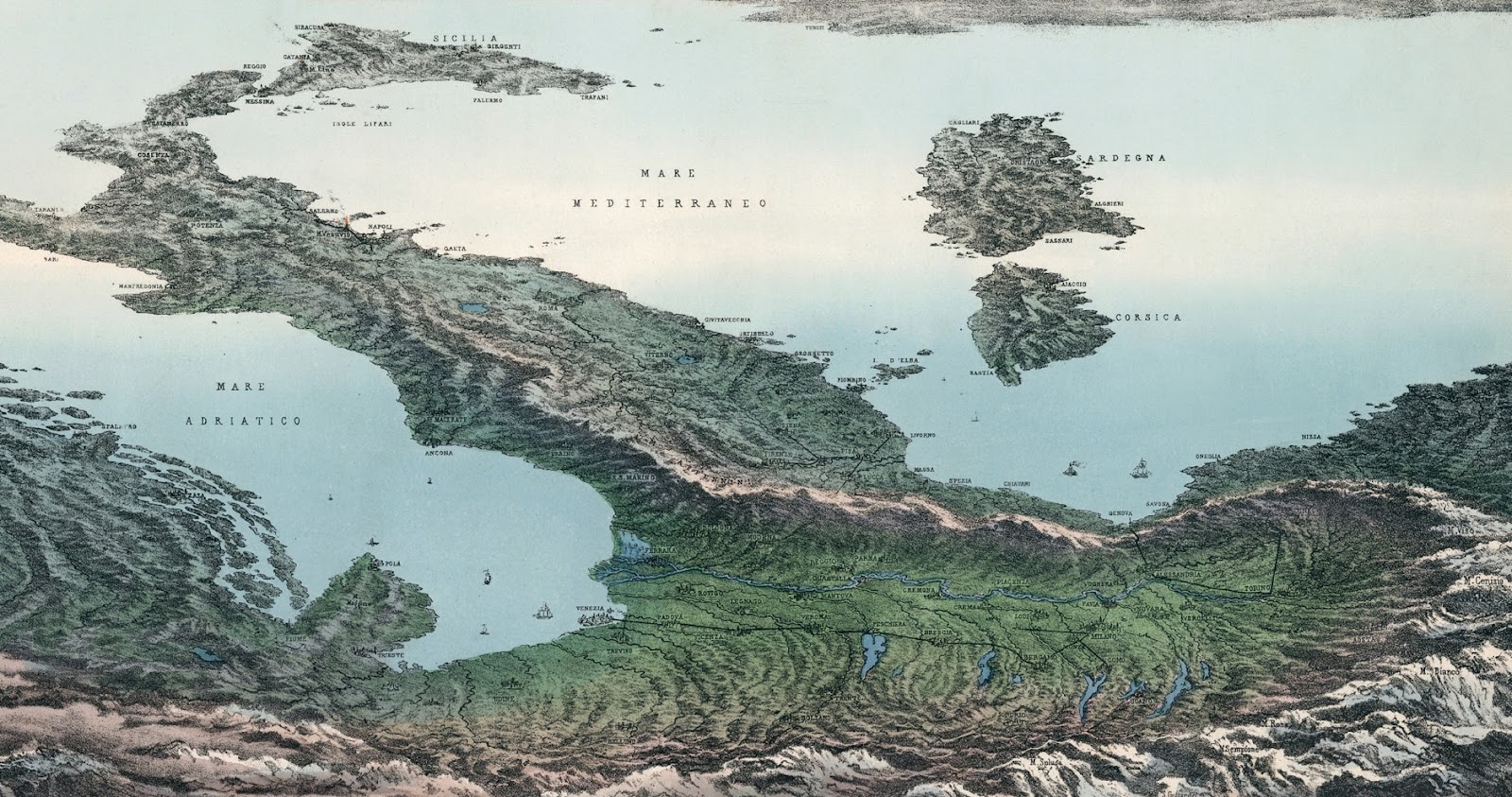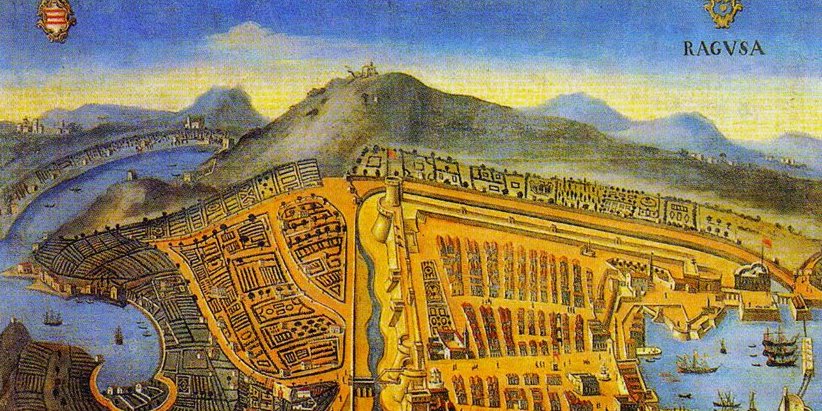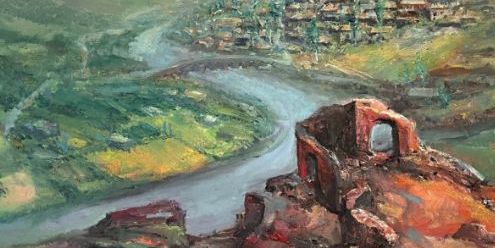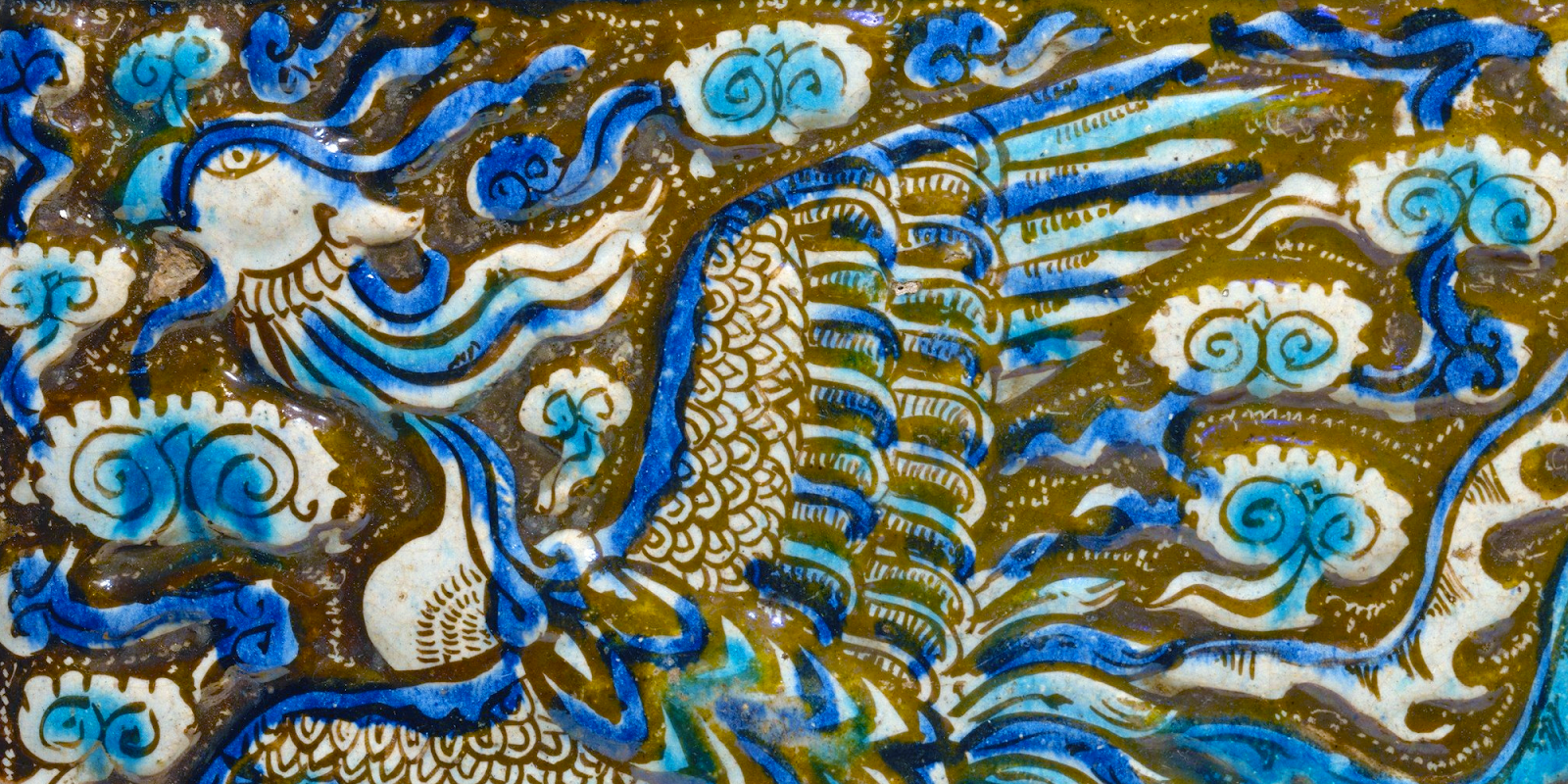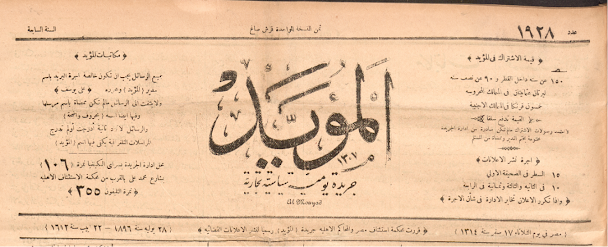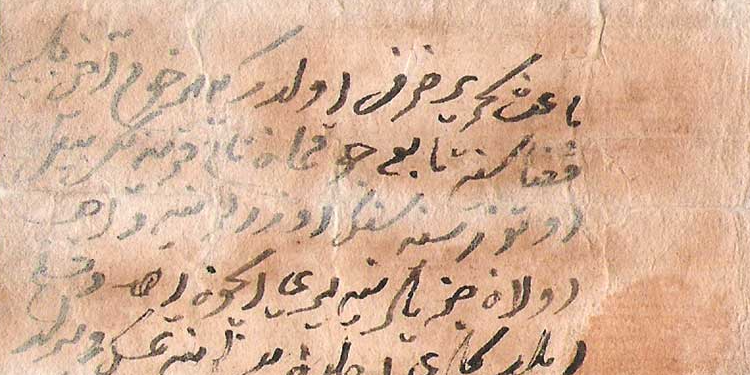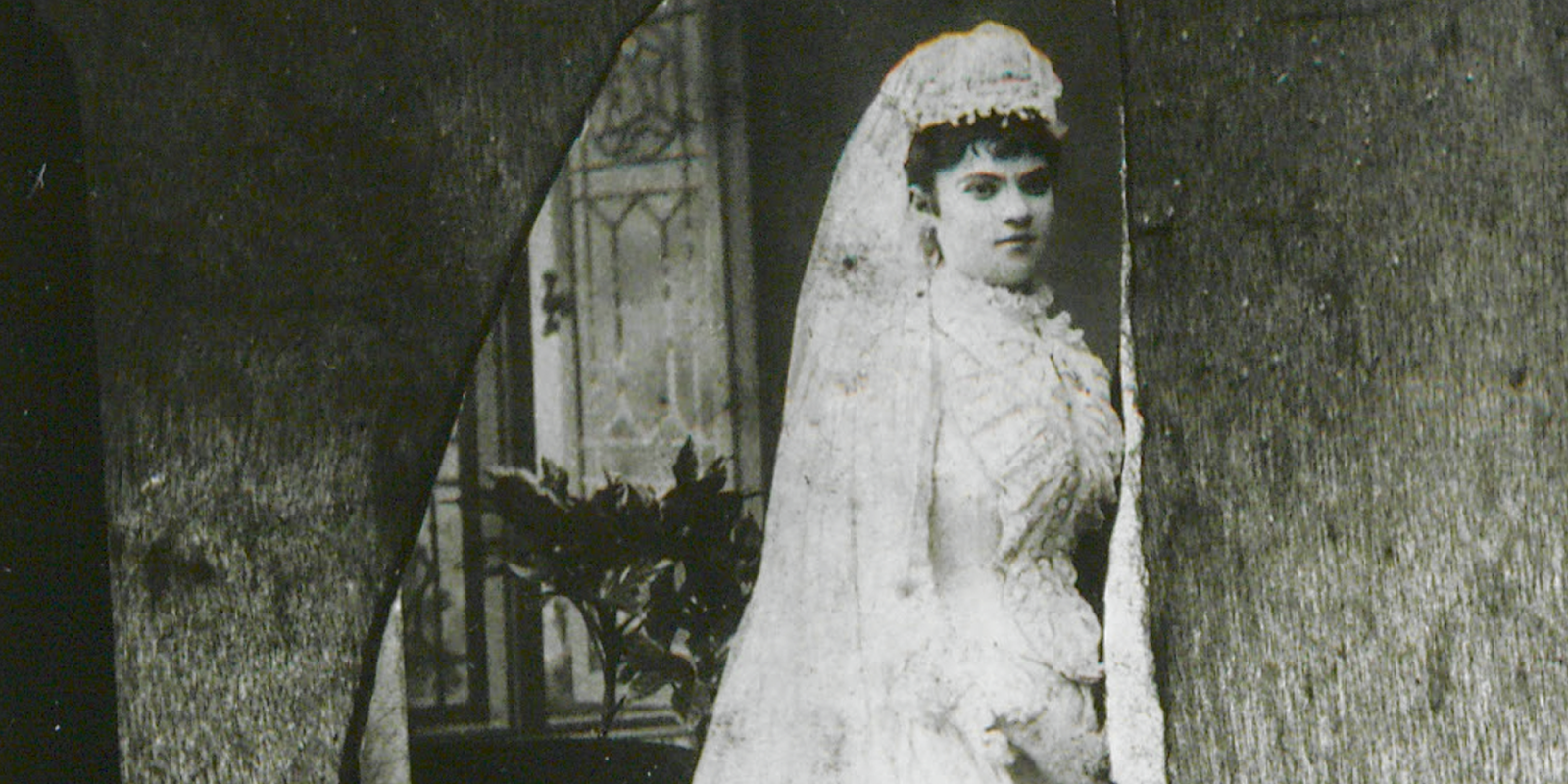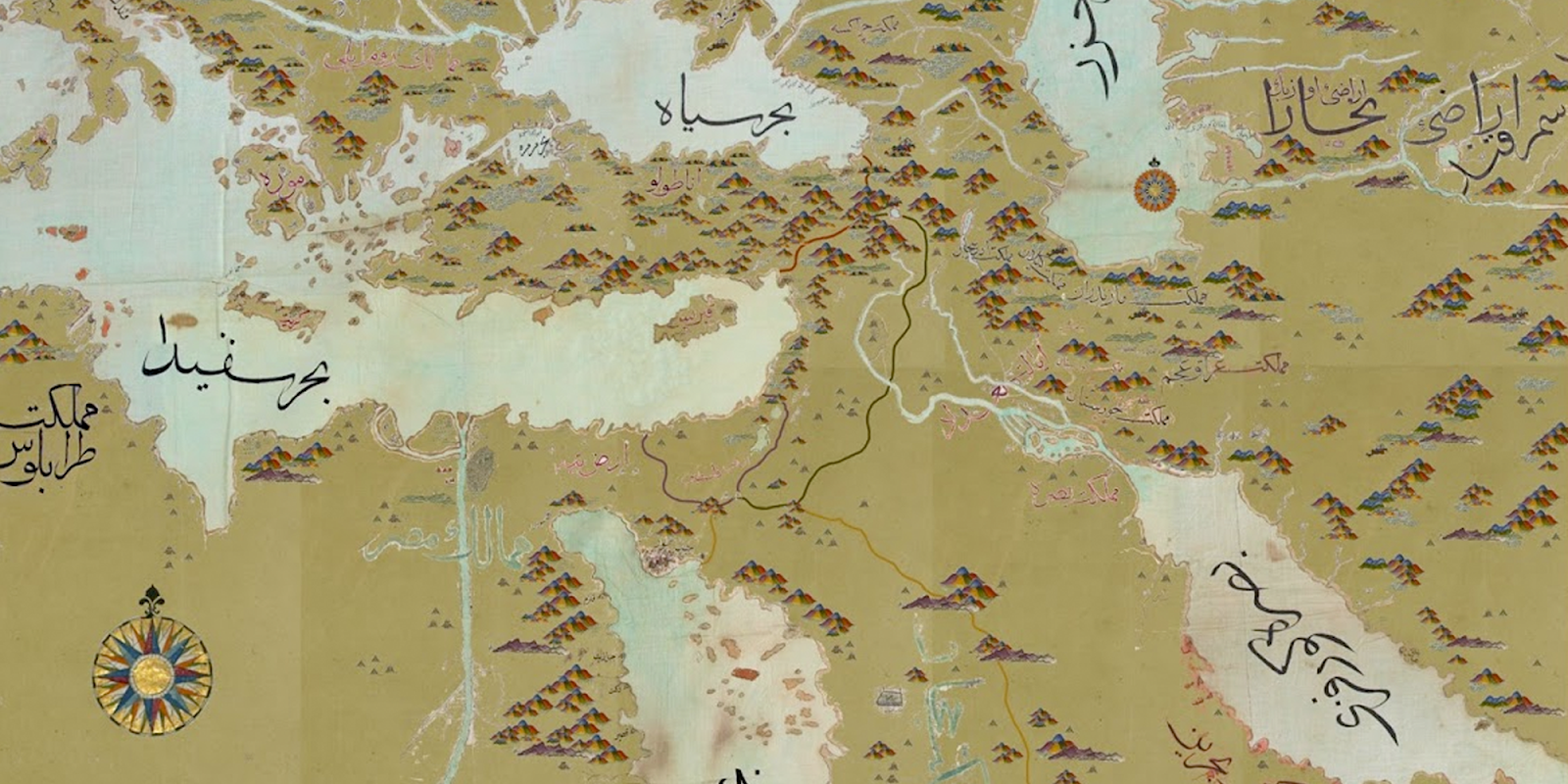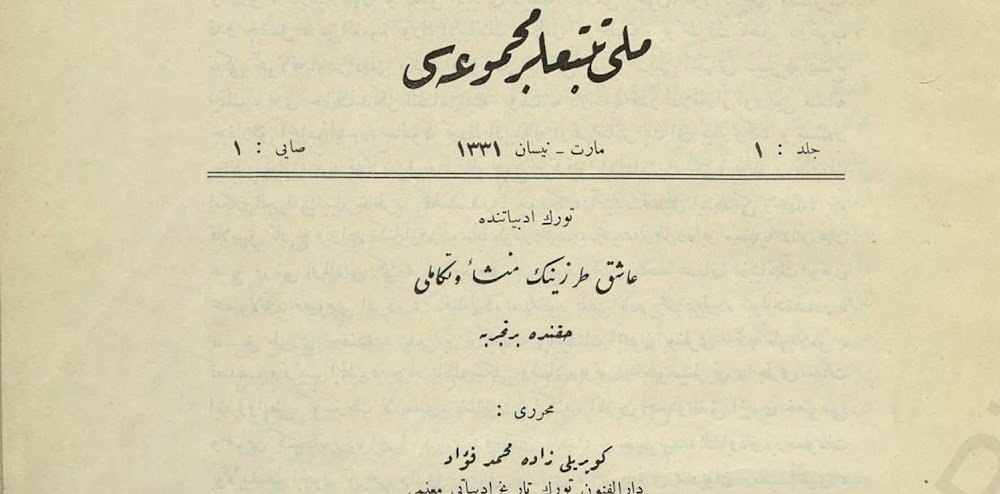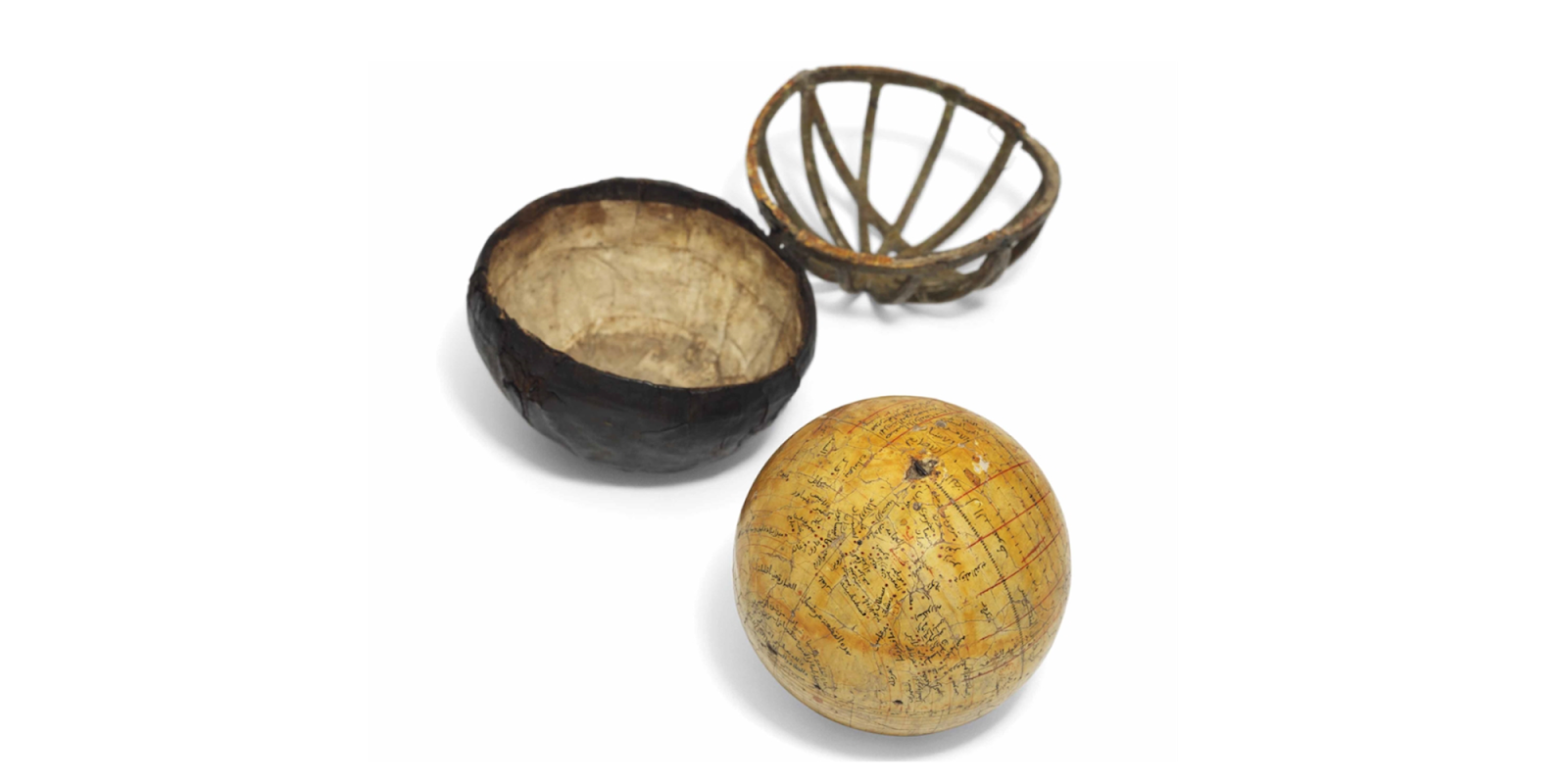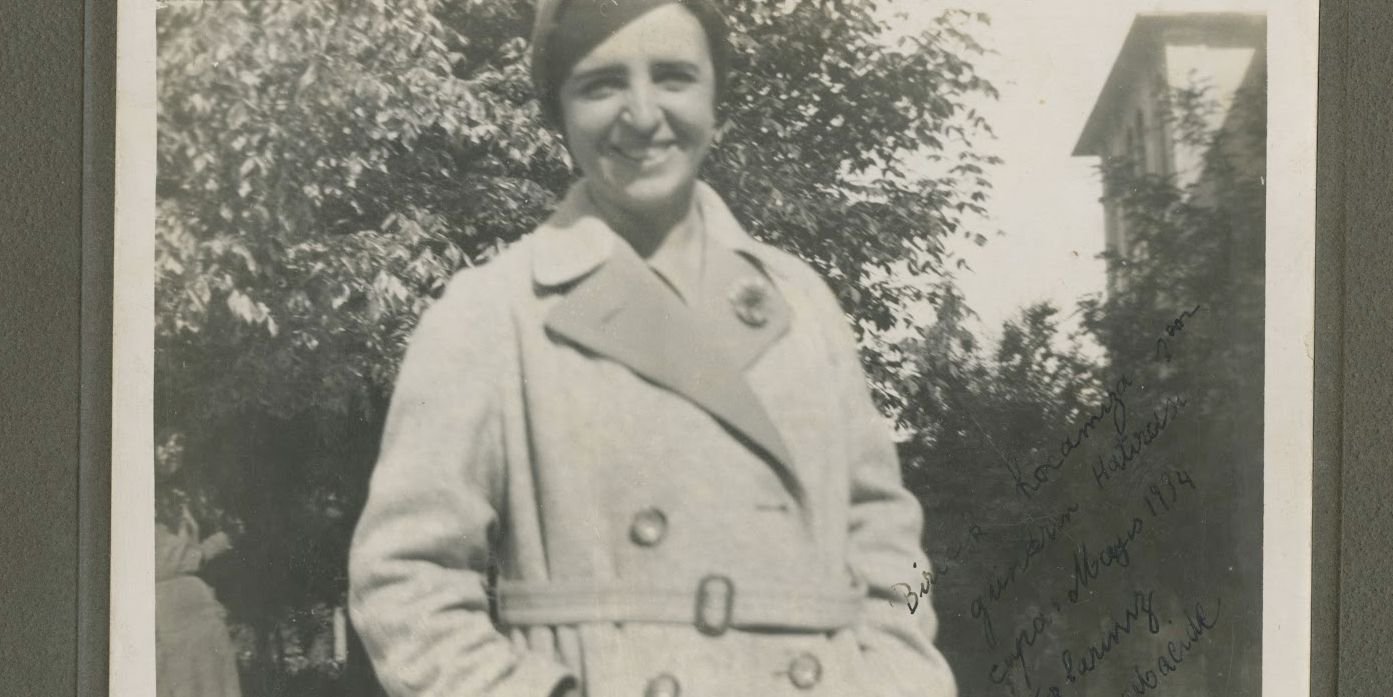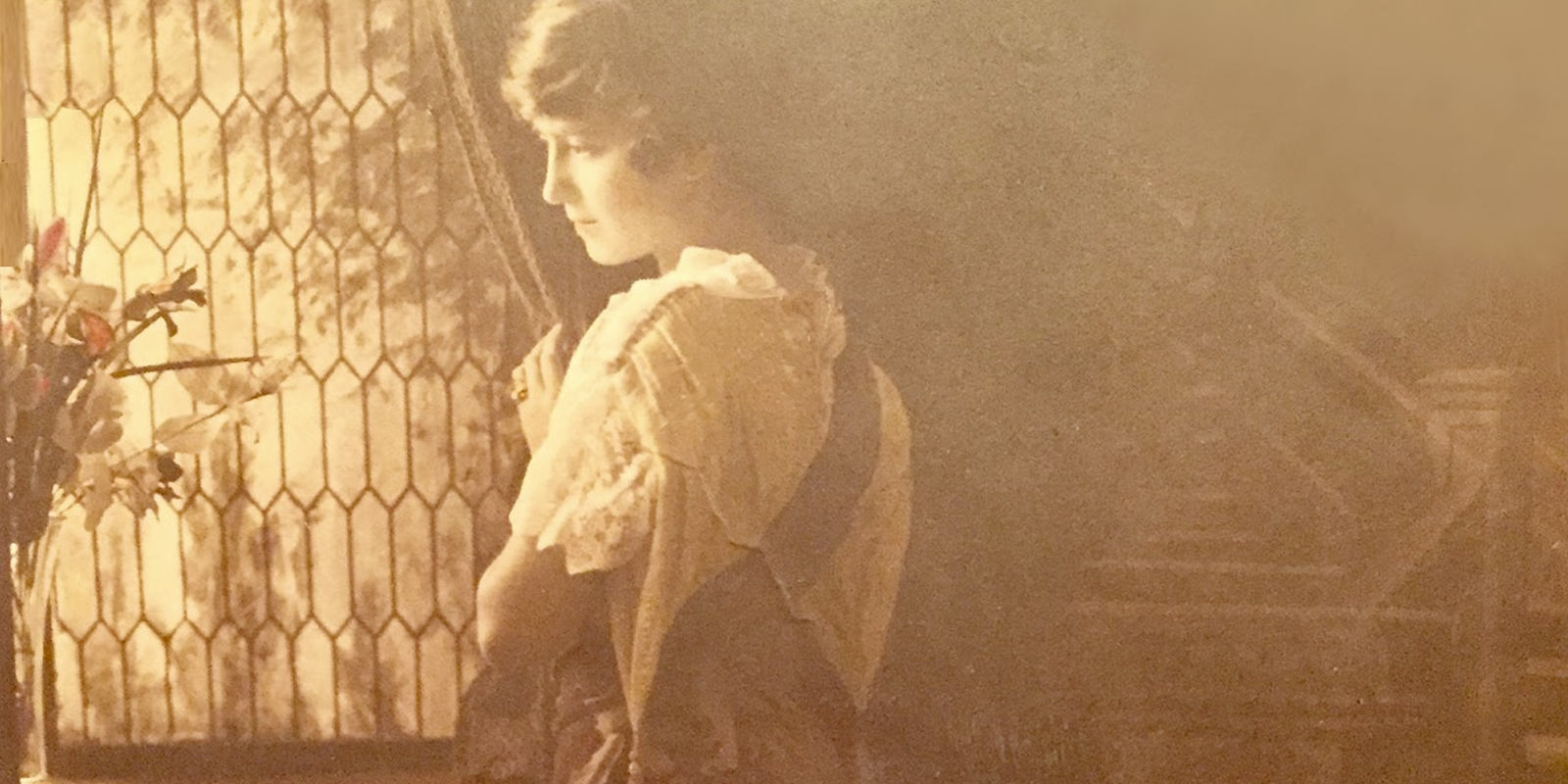A Sea of Sorcery: Roundtable with Shannon Chakraborty
produced by Shireen Hamza and featuring Fahad Bishara, KD Thompson, Liana Saif, Mahmood Kooria, Rebecca Hankins, and Samantha Pellegrino | What could historians have to say about a fantasy novel? The Adventures of Amina al-Sirafi, published in 2023, follows an aging mother and captain on magical adventures across the twelfth-century Indian Ocean world with her crew. It has been read widely, hitting bestseller lists in the US and being translated into eight languages. In this episode, a group of historians discusses the novel with its author, Shannon Chakraborty. Our conversation covers gender and geography, language and literature, piety and piracy, and of course, magic.









